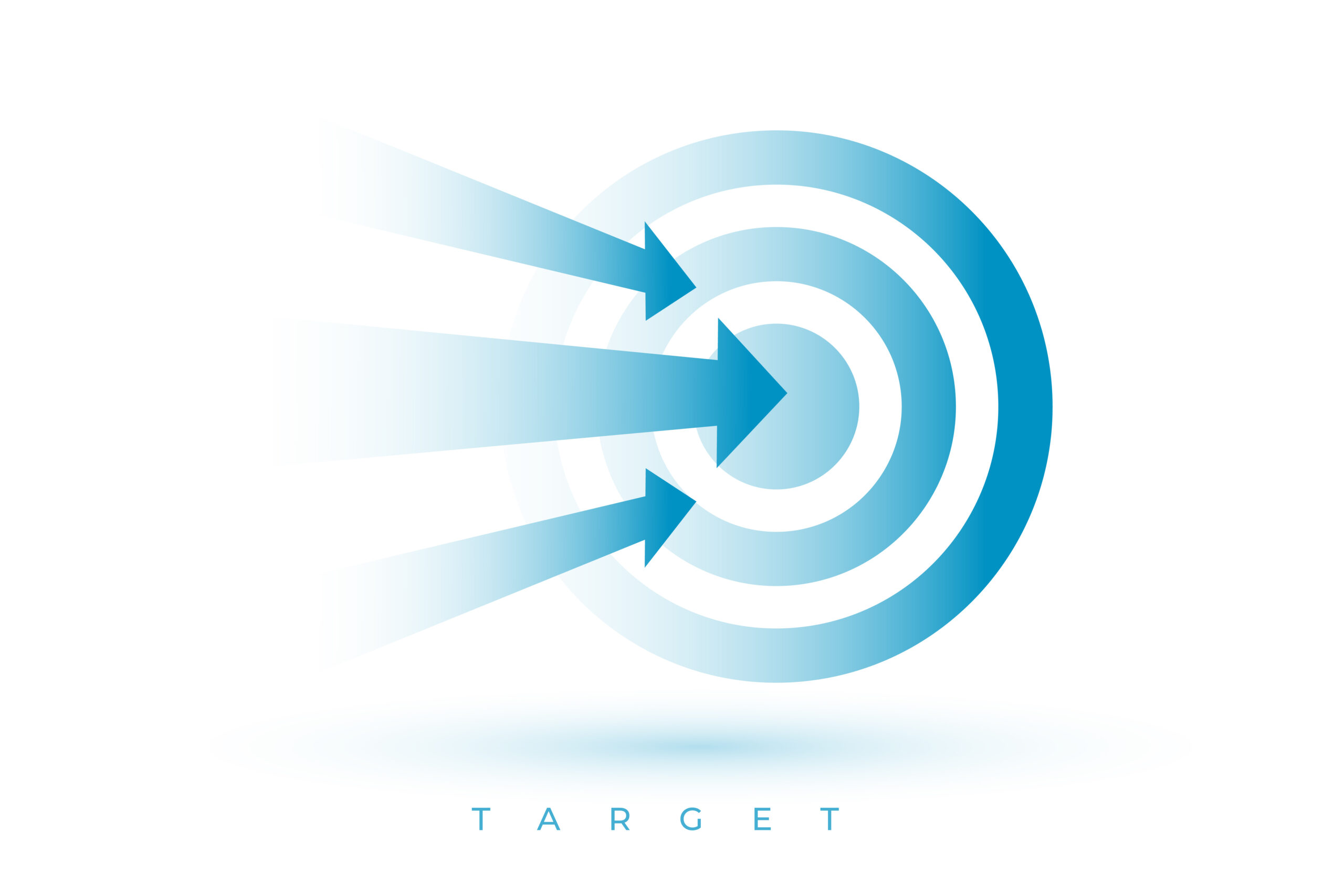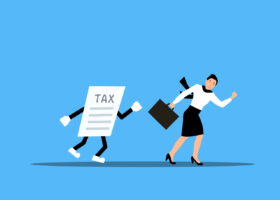7-Minute Read
“By being a little hard on ourselves, it makes it harder for others to be hard on us. By being strict with ourselves, we take away others’ power over us.”
- Ryan Holiday from Discipline is Destiny
A few months back, I wrote a piece called Cultivate Your Optionality that resonated with some people. While I encourage you to read it, I can summarize it as follows:
- Optionality is the right, but not the obligation, to take some action.
- By spending less, you create more options.
- High debt servicing obligations give you fewer options, creating negative optionality.
- You must build optionality first before exploiting it.
One of my goals, particularly in the professional and pro bono sectors, is to help people understand and leverage their financial options. To clarify, I’m not referring to stock options like buying calls or selling puts; it’s a much broader philosophy.
Spending money is such an integral part of our lives that we often do it without much conscious thought. It’s similar to breathing—we don’t have to think about it; it just happens. However, being aware of our breathing can bring numerous physical and mental benefits. Those familiar with breathing meditation or Pranayama can likely attest to this.
Can we transition from this simple breathing metaphor to insights that will help you become a better spender? Let’s give it a shot. In this piece, we’ll aim to answer two questions:
- What are the Hurdles to Building Your Optionality?
- How Should You Exploit Your Optionality (Once You Have It)?
What are the Hurdles to Building Optionality?
Hurdle #1 – Your Mindset
You don’t need extensive knowledge about optionality to appreciate the common advice: spend less and save more. However, sometimes we can be our own worst enemies when it comes to maintaining healthy financial habits. Before you get too frustrated with yourself, it’s important to recognize that it’s not entirely your fault. As the authors of Money Mammoth (Klontz, Horwitz, Klontz) suggest, our financial behavior is influenced by our wiring—it’s in our DNA.
Early humans were hunters and gatherers who maximized every opportunity to consume, as they did not have the luxury of saving for the future. They faced uncertainty about where their next meal would come from. In contrast, today, especially in developed countries, an abundance of food is available. This has led to obesity and diabetes becoming larger threats than starvation.
The Money Mammoth authors also discuss the importance of learning and overcoming your Money Scripts®.
It can be humbling to realize that your financial habits today were largely influenced by your experiences in your younger years. Reflecting on those times can be powerful. If your parents are still alive and you haven’t had many conversations about money with them, it’s (hopefully) not too late to start. Understanding how their past shaped their financial behavior might help you appreciate how your own beliefs about money developed.
Hurdle #2 – Your Awareness
A few years ago, I came across a story about a man who lost a significant amount of weight over the course of a year. Interestingly, he didn’t consciously change his diet or exercise habits; he simply tracked his weight daily and recorded it on a chart. While I’m not suggesting that this method will work for everyone, I believe there is something important happening here.
Sudden, drastic changes to your behavior often don’t last. Good financial habits, like dieting and exercise, require finding sustainable behaviors that you can maintain over time. It’s best to avoid fads and focus on what works for you in the long run.
If you’re not happy with your financial progress or simply want to do better, it starts with awareness. What if you could have a clear, truthful understanding of the money coming into or out of your life? As I wrote in an earlier piece, Respect your Budget but Start with Tracking.
I’m not a big fan of budgeting, mainly because very few people actually follow through with it. However, being aware of where your money is going by tracking your spending can be well worth the effort, and it doesn’t need to be a permanent commitment. With the technology tools available today, this task is easier than ever. Still, setting up a system and correctly classifying your expenses does require some effort.
The key point is that your mindset and awareness are closely linked to your financial options. It’s beneficial to have choices, but creating those options takes work. If you are successful—which, of course, you will be—what comes next? Frugality itself is not the ultimate goal. Now, if you can pardon the geek speak, let’s delve into how you should exercise those financial options.
How Should You Exploit Your Optionality?
Through the lens of optionality, you seek to spend money in a way that generates favorable asymmetries. Look for situations where the potential benefits far exceed the costs involved. There are different ways to assess these benefits, which can include aspects like personal freedom, knowledge, or happiness.
I encourage you to identify the areas where your spending creates the most positive impact and to maximize those areas, while being mindful of maintaining balance. Conversely, for areas that have little to no positive impact or even a negative effect, consider reducing your spending.
Remember, what brings you joy today may change significantly in five or ten years. This is another important reason to prioritize optionality! To help you get started, here are a few ideas.
Spending to Maximize?
Spending to Buy Back Time – Time is your most valuable resource, so it’s essential to use it wisely. Life will always give you problems to solve or tasks that demand your attention. While you can learn to do almost anything on your own, consider how much interest you have in the project and whether it truly merits your time. For entrepreneurs interested in this concept, a recent thought-provoking book is Buy Back Your Time by Dan Martell.
If needed, remind yourself of your actual hourly rate. A simple way to calculate this is by dividing your after-tax earnings by the number of hours you work. Conversely, it’s important to note that some DIY projects have intrinsic or artisanal value; not everything is about maximizing efficiency.
Pets – Pets can be a wonderful addition to our lives, though some people may have no interest in having dogs, cats, or other household animals. For instance, allergies might make pet ownership impossible for some. However, for most people who have the financial means, the cost of having a pet is well worth it. Some pets, like therapy dogs, can even be lifesavers.
My own dog, a German Shepherd named Mocha, never fails to captivate me with her vibrant personality. One of the added benefits of having an active dog like her is that it encourages me to be more physically active as well. It’s a win-win situation for both happiness and health.
Books – I don’t think you can do better than books when expanding your knowledge capital. I would suggest having a higher ratio of non-fiction books to fiction, but any reading is better than none. The great thing about books is that they are an incredibly affordable option for learning. If you primarily borrow books from libraries, your costs are practically zero, aside from transportation.
You never know when you might find a book that changes your life. Talk about a favorable asymmetry. The upside is enormous, and the downside is limited. You can always stop reading a book that doesn’t resonate with you. If reading isn’t your preference, consider exploring podcasts or online courses. Discover the learning method that suits you best.
Travel and Experiences – Many people often perceive this area as being expensive, but it doesn’t have to be. When was the last time you enjoyed a picnic by a lovely lake or escaped to catch a matinee movie while the world around you seemed to be in chaos? For longer vacations, it’s important to remember that not all travel experiences are created equal. Some destinations are so overwhelmed with tourists that you might question whether it’s worth it just to have photos proving you’ve been there.
A couple of years ago, we visited the magnificent city of Rome. The first part of our trip was spent right in the heart of the city, exploring all the major tourist attractions, including the Colosseum, Pantheon, and Sistine Chapel. While it was exciting to see these famous sites, the experience couldn’t quite live up to the hype and expectations that had built up over the years. The crowds and the heat didn’t help.
The latter part of our trip took us to the countryside outside of Rome, where there were no tourists and hardly anyone spoke English. This was a far more satisfying and beautiful experience. Even the food was better! We traveled with friends on that trip, and we all agreed that if we ever return to Rome, we’d prefer to explore that quieter, and in ways more authentic, part of the region again.
Taxes – You probably didn’t expect to see this under the “maximize” section! In financial planning, one of the key principles is to minimize taxes over a lifetime. However, don’t overlook the benefits of paying more taxes now if it can provide you with greater options and potentially lower taxes in the future. For my personal experience with this approach, check out How 80 Percent of Our Retirement Assets Became Tax-Free.
Spending to Minimize?
Certain types of spending can feel good in the moment but often lead to regret later. You might believe that a purchase will create more options in your life, but the reality may be quite different. Here are a few hidden risks associated with the items we buy:
- They take up space – Recently, I had discussions with a client about the possibility of purchasing a self-storage facility. It seems like an intriguing investment opportunity due to the consistent demand (though don’t consider this a recommendation!). However, have you ever considered why people often find themselves lacking space in their homes and apartments, leading them to store items they may not even need? At the risk of sounding like a minimalist, if something occupies physical space, it likely takes up some mental space as well.
- They cost more to maintain or insure – Cars are a prime example of this issue. For many, they are absolutely essential, particularly in areas with limited public transportation options. However, in today’s world, with rideshare services available, it’s worth questioning whether owning more cars truly provides more options or just more headaches. According to CNBC, The average cost of car insurance rose more than 25% in 2024.
- You only acquire it to impress others – Are you buying something just to impress others? This tendency is an evolutionary trait in humans, as we often send signals to attract a mate. It’s also linked to the concept of mimetic desire, which suggests that people imitate the desires of others. It’s important to consider whether these purchases provide you with genuine value or are simply a response to social pressure.
Additional Challenges
One challenge we face today is the abundance of temptations in a modern economy. Advertisers are skilled in using psychological tricks to make us believe that their products will enhance our happiness. To navigate this landscape, we need to minimize unnecessary spending that doesn’t improve our quality of life while maximizing (to the extent we can) the spending that does improve it.
Although all this is easier said than done, it prompts an important question: how often do you truly reflect on your spending? If you share your finances with a spouse or life partner, additional challenges can arise if you cannot discuss or compromise on spending that maximizes value.
It is important to scrutinize what we spend our money on. Distinguishing between “essential” and “discretionary” spending can be complicated. Essential spending often stems from decisions we’ve made in the past. Consider where you live: the house you’ve purchased or the apartment you’ve chosen to rent. Think about the car you’ve bought or leased.
While there are ways to reduce essential expenses, there are limits to how much we can cut. If it pertains to something you use daily, you may prefer to invest in higher quality rather than reduce your spending. In fact, this approach can lead to lower future costs in that area. The balancing act is a perpetual challenge!
Concluding Thoughts
The optionality framework can be a powerful tool in different areas of life. To learn more, check out the works of Nassim Taleb or Richard Meadows. In the financial domain, we’ve only discussed the spending aspect in this piece.
I want to clarify that I’m not trying to impose my values on you or claim my personal experiences as the ultimate truth. My aim is to raise awareness about this issue—assuming you even see it as one. Finding solutions may take time, as they require understanding your money psychology and taking practical steps toward improvement. If any part of this piece resonates with you, then I’ve accomplished my goal.
If you have comments or questions on this piece, please drop me a line at: [email protected]
References
- https://krishnawealth.com/cultivate-your-optionality/
- https://www.themoneymammoth.com/about-the-book
- https://www.bradklontz.com/moneyscriptstest
- https://krishnawealth.com/respect-your-budget-but-start-with-tracking/
- https://www.buybackyourtime.com/
- https://krishnawealth.com/how-80-percent-of-our-retirement-assets-became-tax-free/
- https://www.cnbc.com/select/average-cost-of-full-car-insurance-went-up-in-2024/
- https://www.penguinrandomhouse.com/series/INO/incerto/
- https://thedeepdish.org/optionality-book/
The information on this site is provided “AS IS” and without warranties of any kind either express or implied. To the fullest extent permissible pursuant to applicable laws, Krishna Wealth Planning LLC (referred to as “KWP”) disclaims all warranties, express or implied, including, but not limited to, implied warranties of merchantability, non-infringement, and suitability for a particular purpose.
KWP does not warrant that the information will be free from error. None of the information provided on this website is intended as investment, tax, accounting or legal advice, as an offer or solicitation of an offer to buy or sell, or as an endorsement of any company, security, fund, or other securities or non-securities offering. The information should not be relied upon for purposes of transacting securities or other investments. Your use of the information is at your sole risk. Under no circumstances shall KWP be liable for any direct, indirect, special or consequential damages that result from the use of, or the inability to use, the materials in this site, even if KWP or a KWP authorized representative has been advised of the possibility of such damages.
In no event shall KWP have any liability to you for damages, losses, and causes of action for accessing this site. Information on this website should not be considered a solicitation to buy, an offer to sell, or a recommendation of any security in any jurisdiction where such offer, solicitation, or recommendation would be unlawful or unauthorized.





